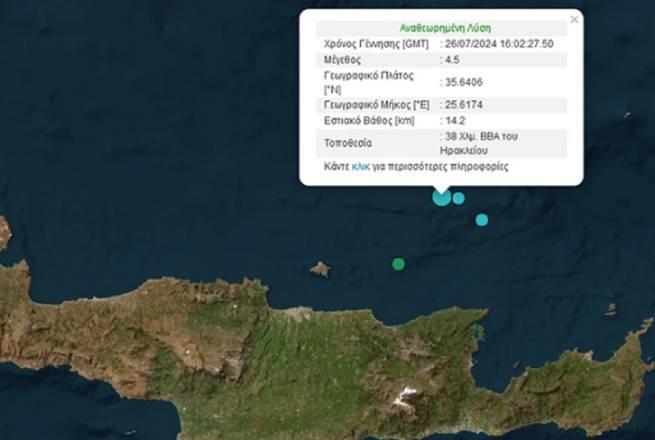Christmas for everyone in Greece is a great holiday and an important day, especially for children and single citizens – Christmas, a day of hope and joy. The editors of the Russian Athens Internet portal heartily congratulate all our readers on the holiday.
We remind you that in Greece the official holidays are December 25 – Christmas and December 26 – Cathedral of the Most Holy Theotokos (days off), January 1 – New Year (days off 1-2), January 6 – Epiphany (day off). During the period before the New Year, adults and children spend a real Christmas vacation.
The Greek Orthodox Church, together with 11 other Orthodox churches, in contrast to the Russian Orthodox Church, celebrates the feast of the Nativity of Christ on the night of December 25. But they do not use the “Catholic” Gregorian calendar, but the so-called New Julian calendar. And on January 7 (according to the new style), together with the Russian Orthodox Church, they are met by the Jerusalem, Serbian and Georgian Orthodox churches, Athonite monasteries, Catholics of the Eastern rite and some Protestants adhering to the Julian calendar. The difference between it and the Gregorian calendar is 13 days.
Priests of different Christian denominations note that the discrepancy in the date of the celebration of Christmas is not related to the doctrine, but is due only to differences in the calendars traditionally adhered to by this or that Church.
Differences in the dates of the celebration of the Nativity of the Lord do not negate its spirit. The spirit of quiet, calm family happiness, which we wish you too, as well as the birth of new bright ideas, joyful events, more happiness and love, prosperity and economic well-being.
Traditions:
Greece is a country of the sea and sailors, and therefore on New Year’s greeting cards a ship is often depicted here. Models of boats are also placed under New Year trees. In the villages and villages, there was a tradition before, when on the eve of the holidays, residents went to the forest in search of a strong spruce tree (or olive), which they then chopped down and brought home. This tree is called “Christoxilo” – the tree of Christ. The logs were brought into the house to be burned in the fireplace or in the stove all the holidays, from Christmas to Epiphany.
According to popular belief, while this tree is burning, Christ is warm in the cold Bethlehem cave. Today this tradition is preserved only in some villages of northern Greece.
Another tradition that still persists is the pre-holiday cleaning of the home fireplace. The purpose of this procedure is to clear the chimney and chimney of ash so that evil spirits and demons could not enter the house in the new year.
Traditional carols
As for the carols, they were performed by children and adults on these holidays. This tradition is still alive today. Children go from house to house, jingle the metal triangles of the “trigon” and singing carols.
There are traditions in the festive menu as well. In Greece, the main Christmas dish is cabbage rolls (“lsetiosarmades”), symbolizing the Christ wrapped in swaddling clothes. A pie is also prepared, pickles (“tursha”) and dried fruit compotes are served, as well as “christopsomo” – Christmas bread, to which nuts, raisins and olives are added. Even these days, roast pork, turkey stuffed with rice, chestnuts and raisins, sweet pie and boiled wheat with sugar are being prepared. In “Pie of Saint Basil” (“basilopita”), a coin is baked – the one who finds it will be happy the whole next year.
Christmas is a time of fun and joy. But in the Mani region of the Peloponnese, Christmas is also a time of horror stories. One of them is about the Kalikanzars, ugly and evil creatures from the Underworld. The residents of Mani avoid going out at night after Christmas so as not to be kidnapped by evil freaks. Children dress up as Kalikandzars in Mani and go around the house with carols.
Christmas in Thrace






More Stories
North Macedonia welcomes recognition by the Patriarchate of the Church of Ohrid
Bogdanos: Pakistan and Britain are financing the construction of a new mosque in Megara
Metropolitan Pavel of Drama dies